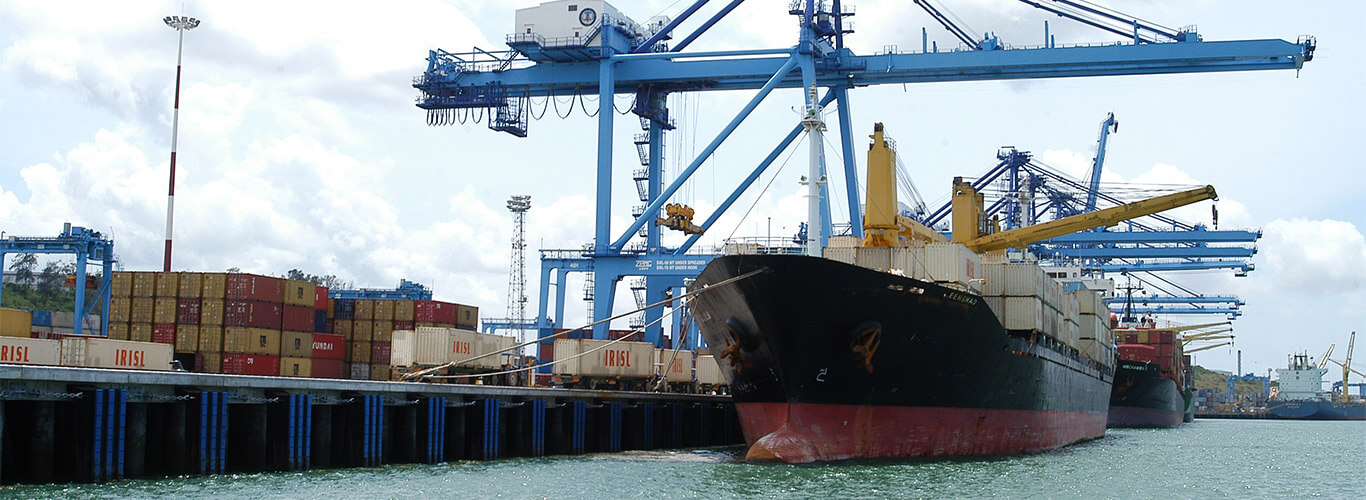Trade facilitation and the role it plays in unlocking the growth of nations have never been as important as today. The World Trade Organization’s Trade Facilitation Agreement (WTO TFA) signed in December 2013 is about simplification, standardisation, harmonisation and transparency of trade procedures.
According to the WTO 2015 Global Trade Report, the impact of implementing WTO TFA measures would potentially reduce the cost of trade by as much as 14%. The agreement recommends to members of a customs union or a regional economic arrangement to adopt regional approaches in the implementation of their obligations including through regional bodies.
In East Africa and the member states of the East African Community (EAC), Burundi, Kenya, Rwanda, South Sudan, Tanzania and Uganda, The Treaty establishing the EAC provides the legal framework for Partner States to develop and adopt an East African Trade Regime, and co-operate in trade liberalization. This includes simplification and harmonisation of trade documentation and procedures – also detailed in the EAC Customs Union Protocol.
Based on this framework, the EAC has undertaken major trade facilitation initiatives. It is therefore no surprise that it has been ranked the highest performing Regional Economic Community on Trade Integration (Africa Regional Integration Index Report 2016 published by the AU, AfDB and UNECA).
The support of Trade and Markets East Africa
However, important challenges constraining cross-border trade and investment such as infrastructure gaps and non-tariff barriers remain, and remedial actions are being undertaken.
Since 2010 TradeMark Africa has been partnering with the EAC Secretariat and EAC Partner States to generate momentum and capacity to implement regional laws and ministerial decisions, thereby catalysing the move from ‘decisions to actions’ within the region.
More recently, TMA has been supporting the EAC and Partner States in the implementation of the WTO TFA. TMA- supported interventions in this regard include:
- Implementation of automated customs management systems in Rwanda, Burundi, Uganda and now Kenya.
- Improvement of infrastructure at the ports of Mombasa and Dar Es Salaam.
- Establishment of electronic single windows in Uganda and Rwanda.
- Establishment of One Stop Border Posts (OSBPs) and Coordinated Border Management (CBM) at 13 OSBPs.
- Support to Authorized Economic Operator (AEO) programmes in Uganda, Rwanda and Burundi.
- Support to rationalization and elimination of NTBs including establishment of mobile based national NTB monitoring mechanism in EAC.
- Support to the EAC regional standards harmonisation programme as a step towards Mutual Recognition of certificates of conformity issues in the Partner States.
- Supporting targeted interventions to assist small and micro enterprise including informal women cross border traders.
- Promoting public- private sector dialogue in driving trade facilitation reforms.
To date, these interventions have enabled EAC Partner States and business to reap huge benefits.
Lessons learnt
From TMA’s interventions, the following key conclusions can be drawn so far.
At the outset, National Trade Facilitation Committees (NTFCs) are critical. They need political support and resourcing for sustainability. A National focus is need for implementing regional interventions helps develop ownership of regional interventions, and business involvement in the NTFCs in driving trade reform critical to get high impact.
High Impact ICT interventions reduce time as well as cost – customs systems, single window projects and electronic cargo tracking systems, and Hardware-software combinations work well in terms of speed of delivery and flexibility.
Finally, Trade Facilitation needs to be streamlined into the national development agenda for sustainability, and for many specific Trade Facilitation measures, a regional approach has the potential of achieving high impact-especially in landlocked countries.
















Thank you Mr. Stanton, this is really interesting review.
Susan, http://www.azul-holdings.com/